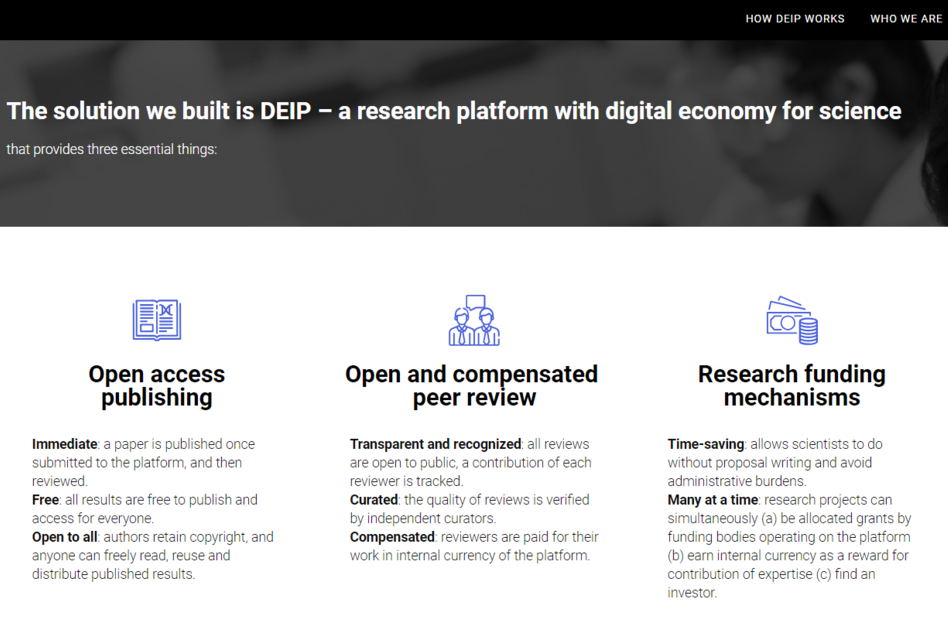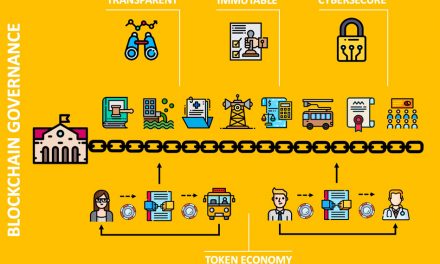Even though it might not be the first country to come to mind when thinking about high-technology business centers, Belarus has many advantages that have fostered a vibrant tech industry. That includes some very successful blockchain implementations, spurred on by tech-friendly policies instituted by the government.
Technology-friendly Regulations
Back in 2005, legislation was passed to create the Hi-Tech Park, or HTP, for Belarusian IT firms. The government saw the potential within this industry and created favorable regulations and tax laws to encourage tech firms to set up shop. It worked, and recently the law was expanded and clarified to include blockchain and cryptocurrency regulations.
The law firm Aleinikov & Partners was instrumental in crafting these new regulations, starting last December with Decree No. 8. These strong signals and favorable regulations from the government and the HTP have helped to create some notable blockchain-based products. Let’s take a look at a few examples.
Scorum
Sports media is not the typical application of blockchain technology, but Scorum has integrated the two by creating a platform for sports writers and enthusiasts to have a news source and online community where they can be rewarded for both creating and rating content. Consistently listed in the top 20 companies by blockchain activity, they already have a strong community sharing content on their platform.
By acquiring a gaming license, they are aiming to add a sports betting function as well, although that will not be available in every country due to varying regulations. The content shared on their site is high-quality, and their token has been performing well. Despite their short history, they have already created quite a success story.
Cryptocode

The mining outfit Cryptocode established the first large-scale bitcoin mining center in Belarus. They have since expanded to China as well, and have been instrumental in coordinating with regulators to help steer the industry into the future.
A member of the Belarus Blockchain Association, they have been one of the most influential and successful companies in the region. Other distinctions are the initiative of bringing the first cryptocurrency ATM to Belarus, and designing high-performance mining software.
OpenLedger DEX

OpenLedger was founded in 2014 in Denmark as a full-service blockchain provider with plans to roll out a decentralized exchange. Recognizing the benefits of being based in Belarus, they quickly opened a development office there.
The OpenLedger DEX is a decentralized trading platform that allows you to trade a wide variety of coins and cryptocurrency pairings. In fact, as of this writing, there are 589 pairings among 104 available coins. Built on the Bitshares blockchain and featuring a crypto wallet, it has grown its international community of users, and regularly sees volumes of over $150k daily.
CopPay
One of the biggest challenges to a wider adoption of cryptocurrency is its acceptance as a payment method. Adding cryptocurrency to existing legacy payment systems can be technically very difficult, involving complex coding and transactional agreements. For these reasons, not many businesses or individuals take it. CopPay is working to change that by creating simple payment solutions that allow you to easily accept cryptocurrency payments in a variety of coins.
The company’s goal is to make crypto payments just as simple as credit card payments, and they have gone a long way to accomplishing that goal. They already have a working payment system, accept a range of currencies and have two modes to accept coins. You can either have the payment go to an exchange, or directly to a secure wallet that you specify beforehand.
DEIP

Making use of a unique application of blockchain technology, DEIP aims to change the way scientists communicate and fundraise. Many of the functions that scientists engage in over the course of any given study are interconnected, yet require vastly different resources and time-consuming redundancy.
With a platform to bring fundraising, peer-review and study publishing all together, DEIP promises to simplify the lives of scientists outside of the lab. By compensating users for peer review and providing access to fundraising solutions, this can truly be a one-stop shop for scientists looking to validate or fund their work.
Rocket DAO
This innovative startup from Belarus has created a system that connects startups with tech and business advisors and markets the projects to potential investors. Each leg of that triangle interacts with Rocket DAO in a different way, with the aim of forming decentralized organizations between startups, experts and investors.
Experts can earn extra income by pledging their time to new projects, and investors can invest in the promising ones. There’s the Rocket token that backs up the entire ecosystem, and the founders hope that at some point the organization becomes completely automated, where the community defines future direction for development.
A Model for Encouraging Innovation
With the aim of tying together blockchain companies with each other as well as government and regulatory officials and academic leaders, the Belarus Blockchain Association helps to further the goal of fostering innovation.
With a strong state-level support for high-tech development and blockchain technology, Belarus has staked a claim as one of the best places to work on such cutting-edge systems. With a well-educated workforce, the successful blockchain businesses we highlighted are only a few of many to come from the country. With repeated and renewed regulations encouraging this type of innovation, the future looks bright for blockchain companies from Belarus.





Blockchain Insights
Join our mailing list to receive OpenLedger Insights publications weekly.
Thanks! Please check your inbox to verify your email address.
By clicking “Subscribe”, you’re accepting to receive newsletter emails from OpenLedger Insights every week. You can easily update your email or unsubscribe from our mailing list at any time. You can find more details in our Privacy Policy.